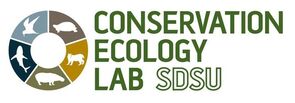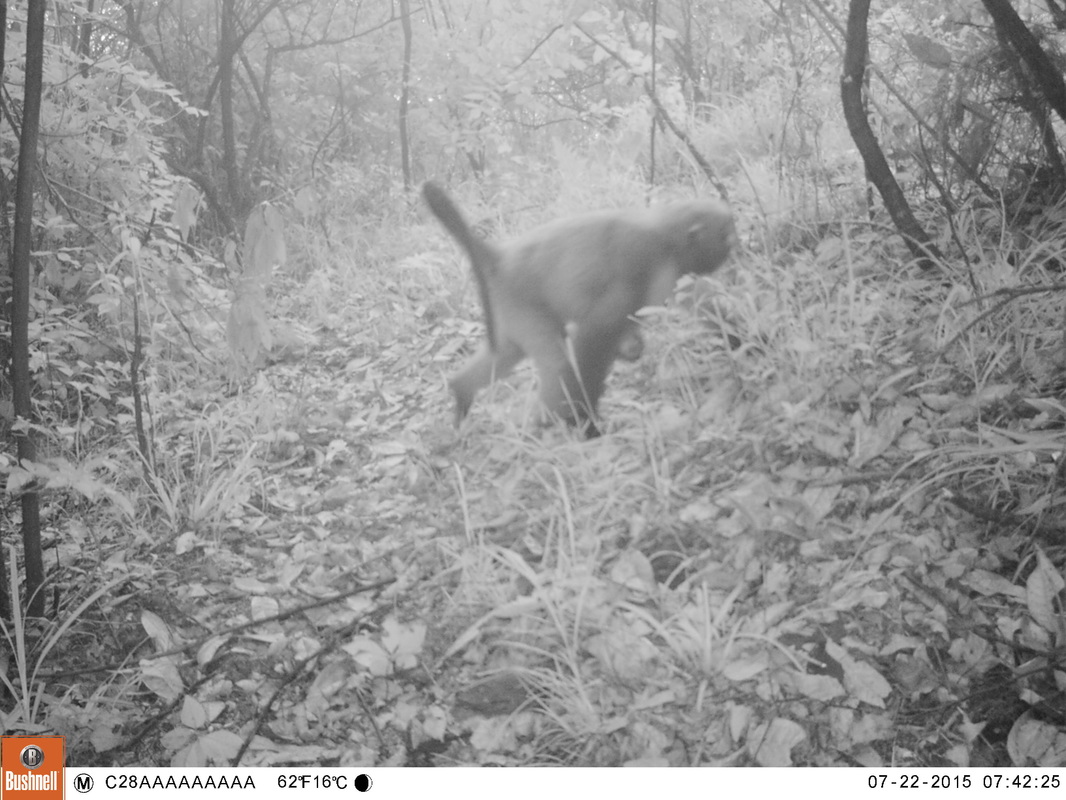Impacts of Ecosystem Service Payments in Coupled Natural and Human (CNH) SystemsHuman activities have led to degradation of many important ecosystems, giving rise to biodiversity loss and many other environmental problems. One response to worldwide ecosystem degradation and biodiversity loss has been the development of a management approach called payments for ecosystem services (PES). PES has been implemented by governments, the private sector, and non-governmental organizations. PES programs aim to reduce human impacts on ecosystems by providing incentives directly to resource users so that they may engage in more environmentally desirable actions in context of socioeconomic, demographic, and cultural conditions.
To investigate benefits of PES to biological conservation, the Lewsion lab collaborates with a team of scientists and researchers working in the U.S. and China through the interdisciplinary, multi-institutional project “Impacts of Ecosystem Service Payments in Coupled Natural and Human (CNH) Systems” (PI, Dr. Li An, Geography, SDSU). We use the endangered, endemic Guizhou snub nosed monkey (Rhinopithecus brelichi), the flagship species in Fanjingshan National Nature Reserve, Guizhou, China and other wildlife of conservation concern to assess effects of PES on wildlife.
|



